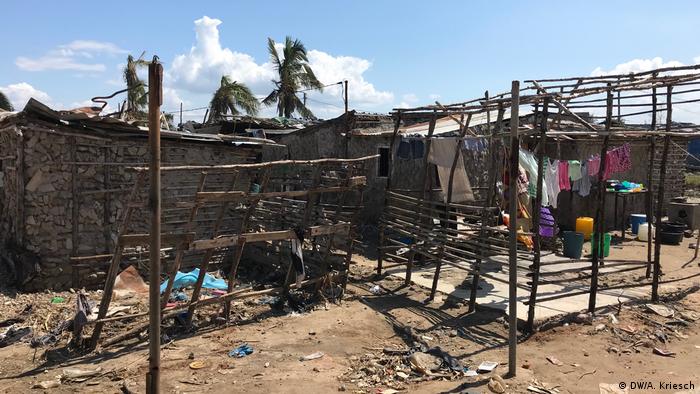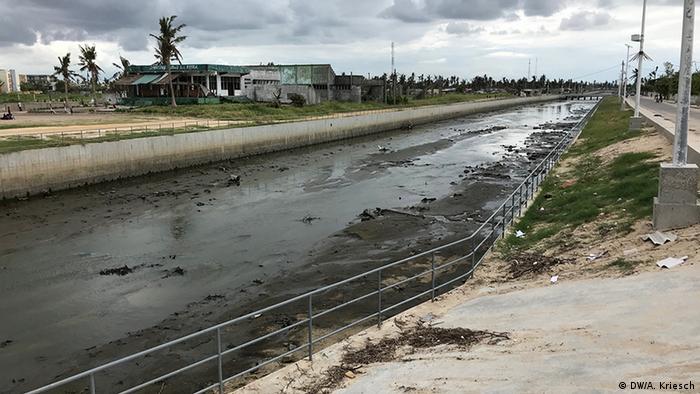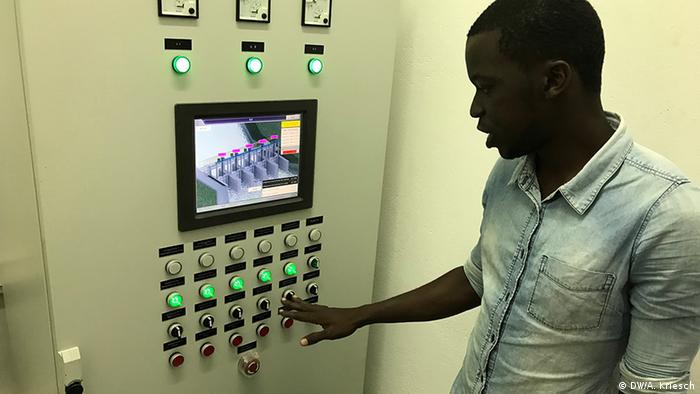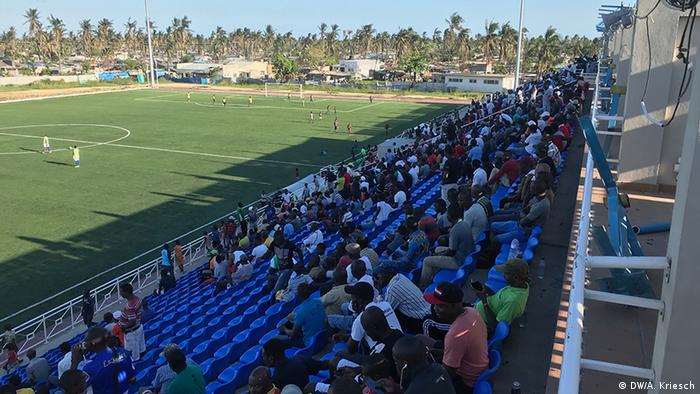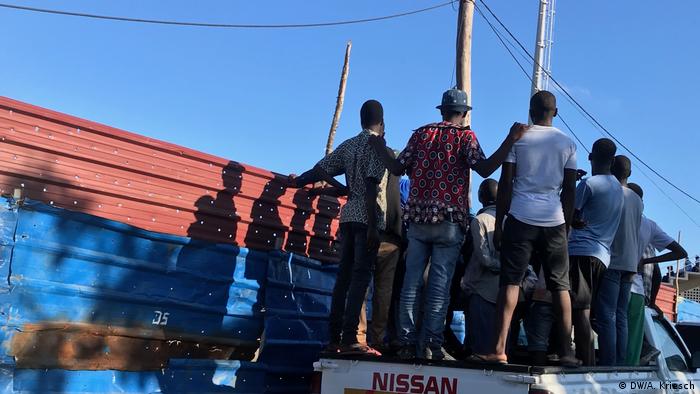A new tropical storm, sweeps across Mozambique. Bad Flooding that favour diseases such as Cholera threaten. In March there 800,000 people were vaccinated within a period of only ten days. With Success.

In the Southeast African country of Mozambique, the second severe tropical storm, cyclone “Kenneth is raging within a few weeks”. In March, a cyclone had caused severe damage and led to huge Floods, there was a massive Cholera outbreak.
Deutsche Welle: A Cholera outbreak in Mozambique by the end of March as a result of the devastating Floods was relatively quickly under control. A very positive message. Why did it work so well?
Anja Wolz: There are now four weeks after the official outbreak of the Cholera epidemic, and most of the Cholera centres, we have already closed. What we have seen, on the one hand of the Cholera-vaccination campaign works very well. 800,000 of the vaccinations we had very quickly, within the next ten days, the population is distributed, and they were also really brought in the remote areas.
More: disaster preparedness in Mozambique
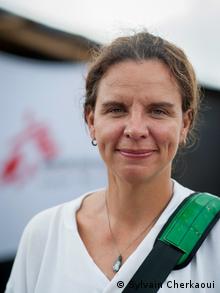
Anja Wolz is working in Beira, Mozambique for Doctors without borders
The second point is, of course, that the population here knows of Cholera. The people could react to it and knew what should be done. And then, of course, was in the beginning, after the cyclone, the water system in the city of [Beira] collapsed. After the water system was repaired, we have seen that the cholera cases are on the decline. It has also worked hard to ensure that clean water was issued to the population.
I think [the success was] a Combination of different factors – starting with the vaccination campaign organized by the government. [The health authorities have identified] cases. And the Affected could also go directly to the treatment centers. Water was prepared. I was already a woman in many Cholera-in use, but for me, it was very surprising that we have brought in more or less four weeks under control.
More: Mozambique: “Some people have not eaten in four weeks”
Video 02:29 Share
Mozambique: More Malaria Cases
Facebook Twitter google+ send Tumblr VZ Xing Newsvine Digg
Permalink https://p.dw.com/p/3HQC5
After cyclone Idai, with more and more cases of malaria in Mozambique
So this did not work for other disasters around the world. It is also a great logistic performance. What was different this Time?
There are very many organizations locally that have also tried to help the Ministry of health. We of Doctors without borders, vaccines have been associated with four helicopters in the various municipalities. The Ministry of health has mobilized many employees. And there are often massive vaccination campaigns. Volunteers from the Red cross have participated in the vaccination campaign.
And the people wanted to have the vaccinations. We had to motivate people to get vaccinated. We have already seen on the first day of the vaccination campaign. There will be more people were there than we had vaccinations. Fortunately, everything was very well organized. This has me puzzled also. I have great respect for the Ministry of health and the government of Mozambique.
Who carried out the vaccinations?
We of Doctors without borders have helped, especially on the technical side and the logistics. For example, we had motorcycles, we the vaccinations to the municipalities. We have our volunteers went into the communities and explained what is Cholera. We have also helped with the cold chain, which must be observed. Since we have worked with the Ministry of health.
More: Mozambique gears up for fight against Cholera
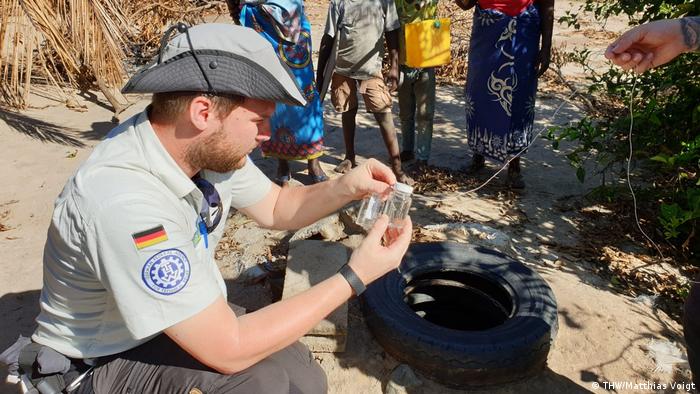
Effective Against Cholera: Clean Drinking Water. Here, an employee of the German THW in the case of a sampling in Mozambique.
There are still municipalities with over 100,000 people who have not been reached yet. This is the last information we have. We also travel with boats in different communities, and just today, we have clinic-helicopter, fly in communities, in the as yet nobody came to help.
The second Problem is the diet is of course. Many communities have lost their harvest, and, of course, it is a large logistical Problem to bring the food to the people. That’s why we see as Doctors without borders, the threat of malnutrition as a Problem. We will now try to identify with our mobile clinics, we have patients in a timely manner and ensure that they get special treatments.
Another Problem could be the Malaria. We also work with the Ministry of health. We spray houses with insecticides and distributing mosquito nets. We hope that we will not get as many Malaria patients.
Of course, it is still a Problem that many health centres were destroyed. Patients have difficulties to come to the next health center. And we are dealing with here in Beira HIV-positive patients. After the cyclone, many people did not get their medications.
What can learn from other organisations experiences in Mozambique?
It is perhaps too early to be able to really learn something. But the government of Mozambique has been very active and has sent experts here and it was good to cooperate with you. There is a lot of friction, but all of them were here and only have had a goal to help the people here. And that was now the most Important thing and it is just well done.
Anja Wolz is an emergency coordinator for the aid organization Doctors without borders. Currently, she works in Beira, Mozambique
The Interview was conducted by Gudrun Heise



